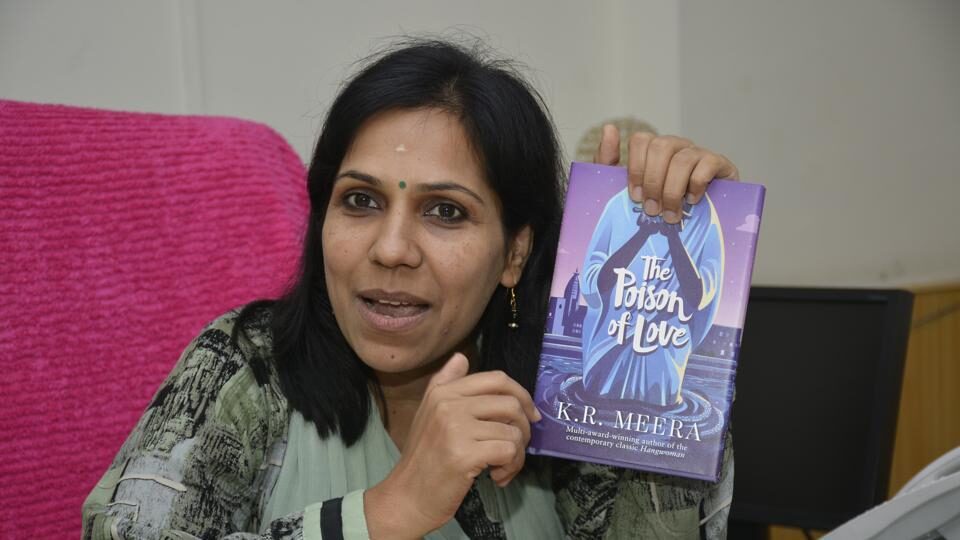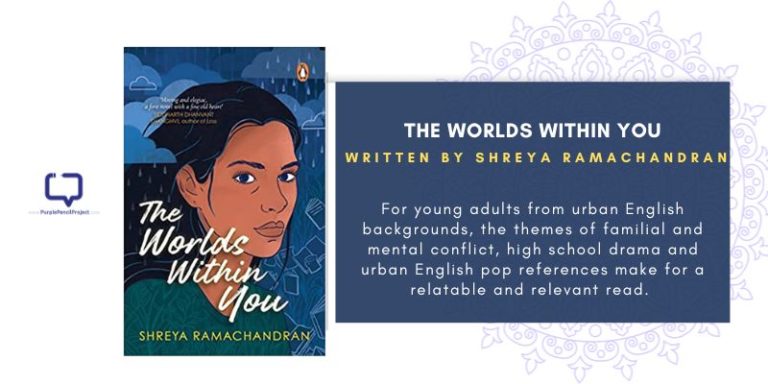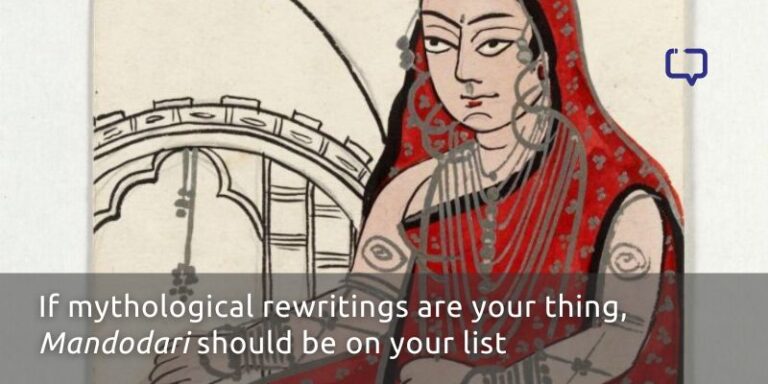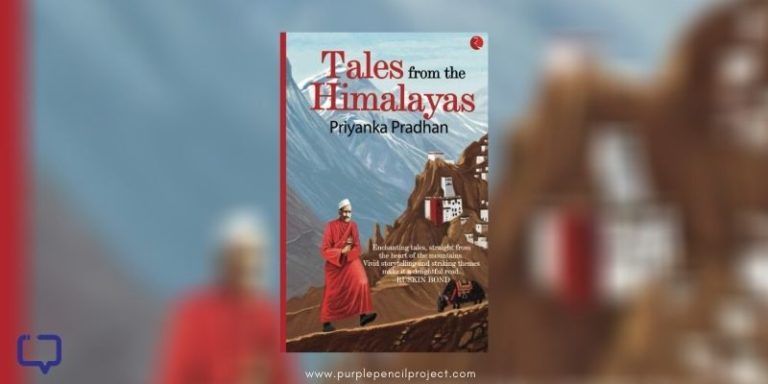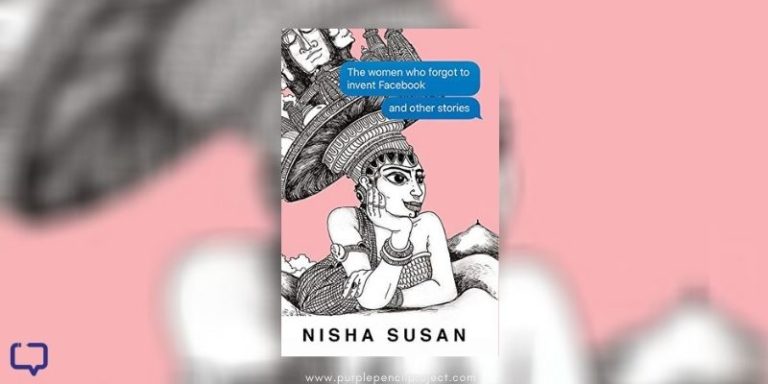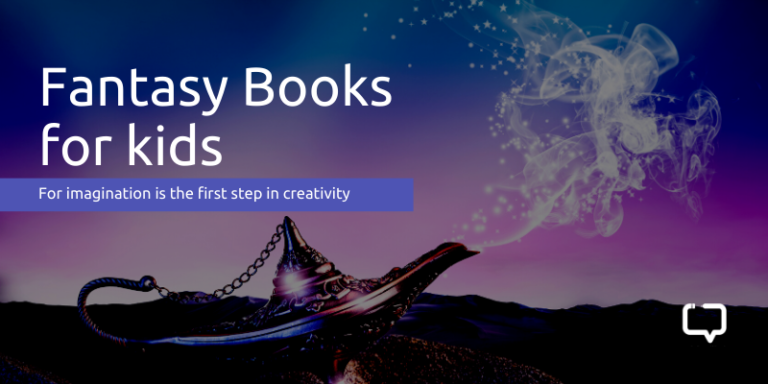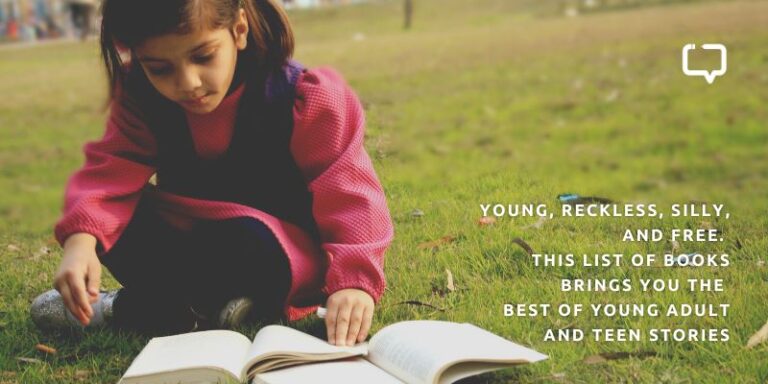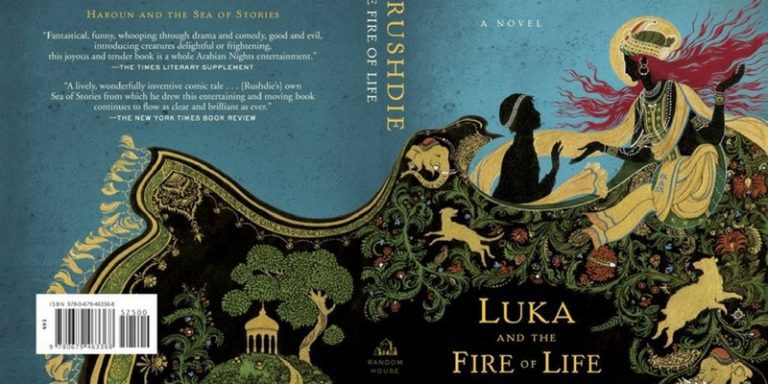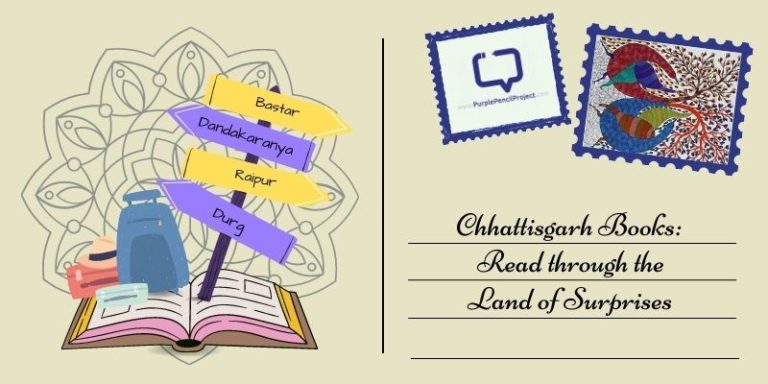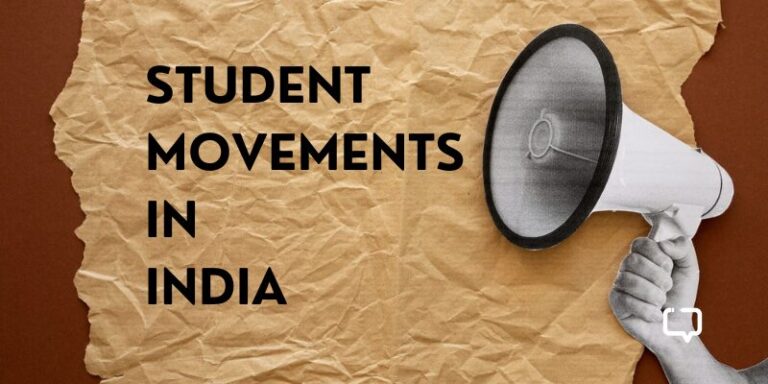Rahul Vishnoi reviews Do Not Ask the River Her Name by Sheela Tomy, translated from Malayalam by Ministhy S. (published by Harper Perennial India, 2024).
Do Not Ask the River Her Name by Sheela Tomy, translated from Malayalam by Ministhy S., is a story of violence, hopelessness, and the uprooting of home, soul, and existence. With the Gaza genocide raging on for over a year, it could not have come at a better time. Ruth, one of the protagonists, is a neutral party, which helps lend objectivity and humanity to the story.
Recommended Reading: Ministhy S on translating Malayalam novels, Ramacharitmanas, and more
Caught Between Worlds and Faiths
After her husband suffers a grievous injury, Ruth, like so many other Malyalis, is forced to leave Kerala. Thwarting an attempt of human trafficking and losing all her money in Dubai, she gets timely help from fellow Malayalis and gets a job in Nazareth, Israel, as a caretaker/nurse.

Here, the story goes on an exploration mode, inside and outside. Ruth experiences the historical holy land of Jerusalem, common to Islam, Catholicism and Jewism and experiences the historical Arab-Israeli conflict. She is not only a witness to the deplorable condition of the people of Palestine but also has to grapple with the ache of her home leaving.
Recommended Reading: KR Meera’s Assassin: Equivalent of a Gaping Wound
Ruth works for David Menahem, a retired professor who has humanitarian views on the Palestine-Israel conflict. His wife Esther, however, nurses a strong hatred for Palestine as her family was killed in a Hamas attack. Ruth balances these opposing views with dexterity, not falling into the trap of siding with either.
Three Lives, Three Faiths

Along with Ruth, the narration is split three ways. Sahal, a Palestinian poet whose family was killed in a bomb attack when he was just a child, and Asher, son of David and Esther whose heart bleeds to witness all the inhumanities around him, also form a strong part of the narrative. Together, these three make up Catholic, Muslim and Jewish faiths.
Ruth, in her free time, runs a YouTube vlog that telecasts the events and locations of the Bible: It was the same path, where in the ancient times, a Nazarene had walked with his own cross.
Asher and his friend Sahal often escort Ruth on her vlog tours. Here, the book dives into the spectral boundaries of time.
The Fluidity of Time in Do Not Ask the River Her Name: Blending Violence and Memory
The narrative blurs, and even though this brings ambiguity to the story, it often disturbs the reading experience. This is basically an author-centric exercise, ignoring the chaotic universe the reader finds himself in.
Sheela Tomy amalgamates the violence of the past and present. So, there is no way to know if it is happening in real-time or is covered by a gauze of imagination.
Do Not Ask the River Her Name is wrapped in violence, its after-effects, the destruction it brings to humans and their habitats, and the trauma it leaves in its wake. The violence is like smoke that pervades and attacks every sense, lurking in the background but also coming to the foreground. There is no surety of tomorrow.
Recommended Reading: A Comprehensive List of 112 Women Translators in India
The people who live today are found dead the next. If you are out on the streets, there is a flimsy guarantee that you will make your way back home. The despair is palpable in lines like these:
The streets we loved, the beloved square with the fruit shop, bakery, bicycle shop—everything had vanished from sight.
– Sheela Tomy, Do Not Ask the River Her Name, translated by Ministhy S.
Humanity’s Isolation and Suffering
The story is powerful and deeply moving. Apart from a few dialogue-heavy chapters that perhaps aim to capture the chaos, Tomy’s prose is evocative. She writes to expose the melancholy and shared isolation of the human spirit. She writes about people under attack, under violence, under obligation to cross oceans and provide for their families. She writes to breathe life into the characters, which feel fully flesh and blood.
Recommended Reading: Kerala: From the library of God’s Own Country
Apart from the violence, her stress is upon the displacement of people, of abandoned homes and families left behind. In her attempt to underline the suffering of humanity, she brings the women of three religions together and weaves the thread of narration through them.
Favourite Quote from Do Not Ask the River Her Name by Sheela Tomy
A river shall flow through this city, The afternoon sun shall die by diving in it. Our forebears, whom they took away, Shall sprout anew, as figs and olives. Hey, come to this riverside, To melt into Oud music, That cannot be vanquished by grenades or tanks.
Conclusion
Do not Ask the River Her Name is a hard-hitting book. The depiction of violence and trauma can sometimes make you feel helpless. A note on the translation by Ministhy S. The translation keeps the soul and the essence of the story, preserving a few native words here and there without hindering the flow of the story. This must not have been an easy book to translate.
Read Do not Ask the River Her Name only when you are ready for an intense drama.
Have you read this intense, moving work on the raw realities of displacement, trauma, and the strength of the human spirit? Share your thoughts with us in the comments below!









